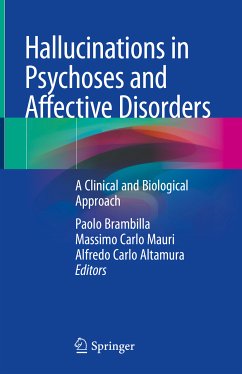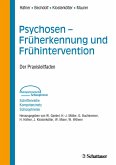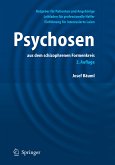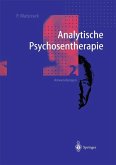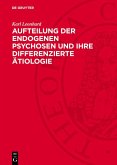This book presents state of the art knowledge on the psychopathology, clinical symptomatology, biology, and treatment of hallucinations in patients with psychoses and affective disorders. The opening section describes and examines the origins of the hallucinatory symptoms associated with schizophrenia, bipolar disorders, and drug- or substance-induced psychoses. In addition, progress in understanding of hallucinations in children and adolescents and chronic hallucinatory disorder is reviewed, and the value of a Research Domain Criteria approach in elucidating the emergence of auditory hallucinations is explained. The biological basis of hallucinations is then closely scrutinized with reference to recent genetic research, neurochemical studies, and functional and structural neuroimaging data. Outcomes of a meta-analysis of diffusion tensor imaging studies regarding the association between white matter integrity and auditory verbal hallucinations are highlighted. The closing chapters focus on the roles of drug treatment and electric and magnetic brain stimulation techniques. The book will be of wide interest to psychiatrists and clinical psychologists.
Dieser Download kann aus rechtlichen Gründen nur mit Rechnungsadresse in A, B, BG, CY, CZ, D, DK, EW, E, FIN, F, GR, HR, H, IRL, I, LT, L, LR, M, NL, PL, P, R, S, SLO, SK ausgeliefert werden.

